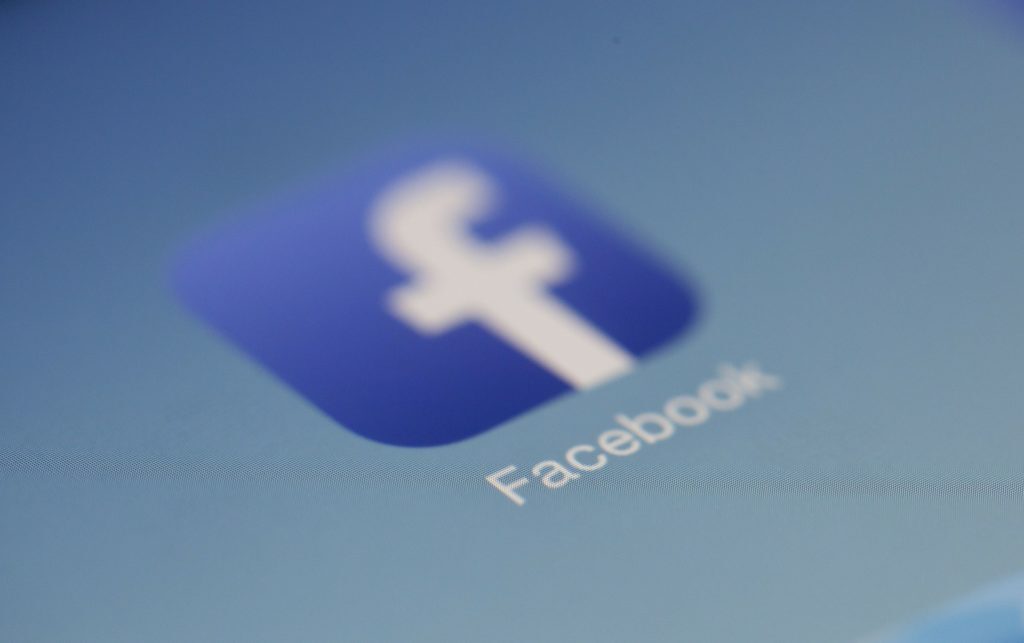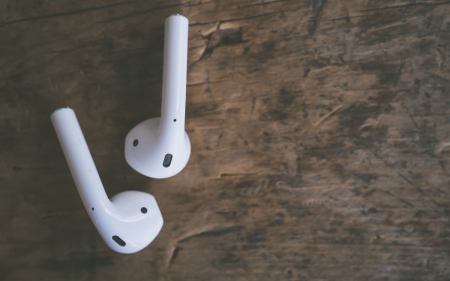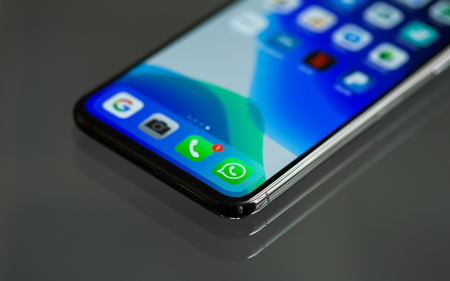So, it finally happened. After reading the news about the ongoing battle between Apple and Facebook over user data tracking, I finally updated my iOS devices to version 14.5.
Just as I had gleaned from all the coverage on the internet, the moment I opened the social media app on my iPhone, I was greeted with a missive about data collection.
In case you’ve been in the dark about any of this, the message you are sent you reads thus:
This version of iOS requires us to ask permission to track activity received from apps and websites that you visit on this device to improve your ads. Learn how we limit the use of this information if you don’t turn on this device setting.
This won’t affect your Facebook ads setting that controls the use of data about your activity from partners. If you activate both settings you can:
- Get ads that are more personalised
- Help keep Facebook free of charge
- Support businesses that rely on ads to reach their customers
Once I headed over to Instagram I had a very similar message facing me. As someone who hasn’t bothered to read the terms and conditions for apps for an extremely long time, I was rather shocked that I didn’t immediately hit the ‘continue’ option when greeted with it.
After all, what harm could it do to allow Facebook to continue its habit of data tracking on my profiles? It’s not like I hadn’t allowed it to do this in the past.
Instead, I decided to delete both apps off of my phone.
Hard to say goodbye to Facebook
This is not to say that I’ve deleted my Facebook or Instagram accounts. Unfortunately, I need them. I work in media, which requires me not just to write articles like the one you’re reading now, I’m required to promote them across social media. This is the world journalists – and tonnes of other folk – live in now. Once again, unfortunately so. Facebook, Instagram, WhatsApp, Twitter and many other platforms are as much a part of our daily experience in the connected world now as the act of breathing.
But should they be?
Over the last five months of 2021, the tech news cycle has thrown up a huge host of examples that should have given us all pause for thought. Leaving aside the concessions Google has made to the Australian government and the ridiculous pronouncements from Twitter, Facebook has stood out as a guiding light, showing users that not only is this a platform whose power is only undercut by the way it is managed (or not), it’s also shown how disrespectful it is to the people using it.
The reaction from Facebook over the last five months over the Capitol Hill invasion, the blacking out of Australia and the leaked data of over half a billion users seems to be:
“So? What are you going to do about it?”
It’s a narrative that has been building for a while. Take a look at the leaked memo from Facebook in which Mark Zuckerberg addressed a potential ad boycott last year. The attitude from Facebook’s CEO was basically, “yeah, there’s a problem right now, but those dollars will be back soon.”
And he was right. Facebook has its tendrils in the lives of billions of people. Eventually the advertising revenue will return. Maybe we should start asking the question as to how we – as a species – got here.
When Facebook arrived in my life it was a new app suggested by a trusted source. Over the years it ballooned into a platform where I could look up on old acquaintances, check up on people I went to school with… you don’t need me to tell you why I used it; you probably used it for the same things.
But over the years, Facebook has become something more than a social network. It’s a place billions of people hit up as a news source. It’s a place where people build their businesses. It’s a platform that collects masses of data on an almost nano-second basis. It’s a part of life for billions of people. It’s as natural as breathing.
Should it be?
I can’t delete Facebook
A month ago, I was interviewed on a local radio station about the fact that half a billion Facebook users’ data was available for purchase on a site on the dark web. This wasn’t the result of a hack; the perpetrators scraped the data they were after in a way that didn’t violate any of Facebook’s terms and conditions. When asked if there was any way for users to prevent this sort of thing happening again, I suggested people could always delete their Facebook account.
Oh, how we laughed.
The idea of deleting one’s Facebook account is about as foreign to most people as travelling to Mars. That’s what Facebook depends on. And that’s why I’ve deleted from my iPhone.
In a way it’s a cheat; Facebook can collect my data from my desktop all it wants. But at least my phone won’t be pinging every nine seconds.




